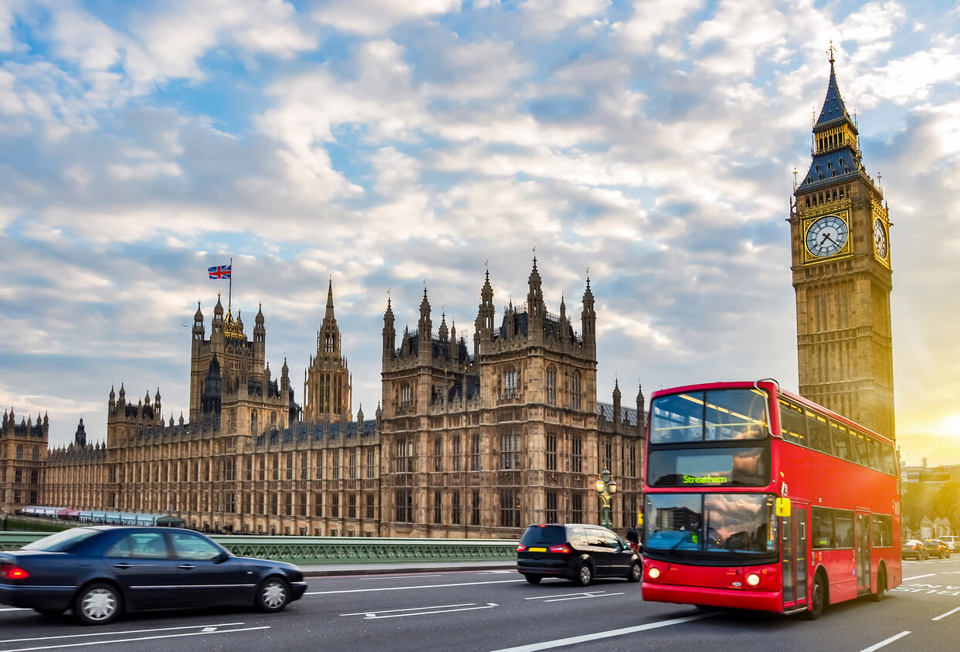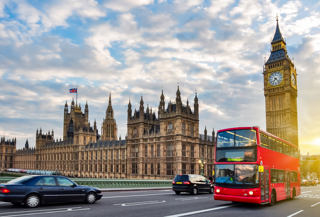Transport for London (TfL) has published its draft budget for 2018/19, describing the transport improvements that will be delivered for London in the first year of its latest five-year business plan.
The plan, published in December last year, set out a fully funded plan for delivering the Mayor’s Transport Strategy, including investing record amounts in public transport and prioritising safer and less polluted streets.
The 2018/19 budget being published today details how TfL will work to achieve the first-year of that plan, continuing to modernise transport services and deliver further recurrent savings, which will help it to manage an average £700m per year reduction in Government funding.
Significant savings have already been achieved through reducing management layers, merging functions, renegotiating contracts and delivering transport improvements more efficiently, it said.
In the last financial year, the day-to-day costs of running London’s transport network were reduced by £153m, the first such reduction in TfL’s history.
TfL expects this trend to continue, with like-for-like costs to be lower than last year, and total operating costs £200m better than the 2017/18 budget. This more than offsets the impact of external factors that have meant income has been lower than originally forecast, it said.
The budget for 2018/19 details how TfL will continue on that trajectory to achieve an operating surplus for the first time by 2021/22.
With the removal of the Government grant, this will be the first year that TfL has had to address the demands of London’s road network, including congestion, maintenance, renewals and air quality, without support from the Government.
Both TfL and the Mayor are calling on the Government, as part of their Transport Investment Strategy, to make sure that a link between ‘roads tax’ and roads funding is applied to London as well. This, it says, would allow TfL and the boroughs to continue modernising London's road network, as well as support more walking and cycling journeys across the capital.
From 2021, the £500m raised every year from Londoners’ Vehicle Excise Duty will be collected by central Government and only invested in roads outside the capital, it said.
London’s transport commissioner, Mike Brown, said: “This budget sets out what we will deliver in the next year as part of the Mayor’s transport strategy as we work to achieve his vision for 80% of journeys to be made by walking, cycling and public transport by 2041.
“We will continue with our massive programme of investment in the transport network, modernising and boosting capacity, delivering healthier safer streets and providing affordable and accessible transport that will support London’s economic growth.
“This will be achieved alongside our extensive savings programme which is reducing our day to day costs, while protecting frontline services, as we manage a £700m per year reduction in Government subsidy. This will put us well on the way to generating an operating surplus for the first time in our history in 2021/22.”
Deputy Mayor for Transport, Val Shawcross, said: “The next year will be a truly exciting time for London, with the opening of the Elizabeth line, and major projects like the transformation of Oxford Street.
“At the same time, today’s budget shows how we’re also looking to the future with further tube modernisation and an unprecedented commitment to walking and cycling infrastructure. Through our major programme of TfL efficiencies, I’m proud that despite the removal of our Government grant, we’re both freezing TfL fares and building a world-class transport network that will improve quality of life for Londoners all across our city.”
TfL's draft budget will be considered by the Board on March 20 and will be published on the TfL website later today at https://tfl.gov.uk/corporate/publications-and-reports/board-papers.



















Login to comment
Comments
No comments have been made yet.